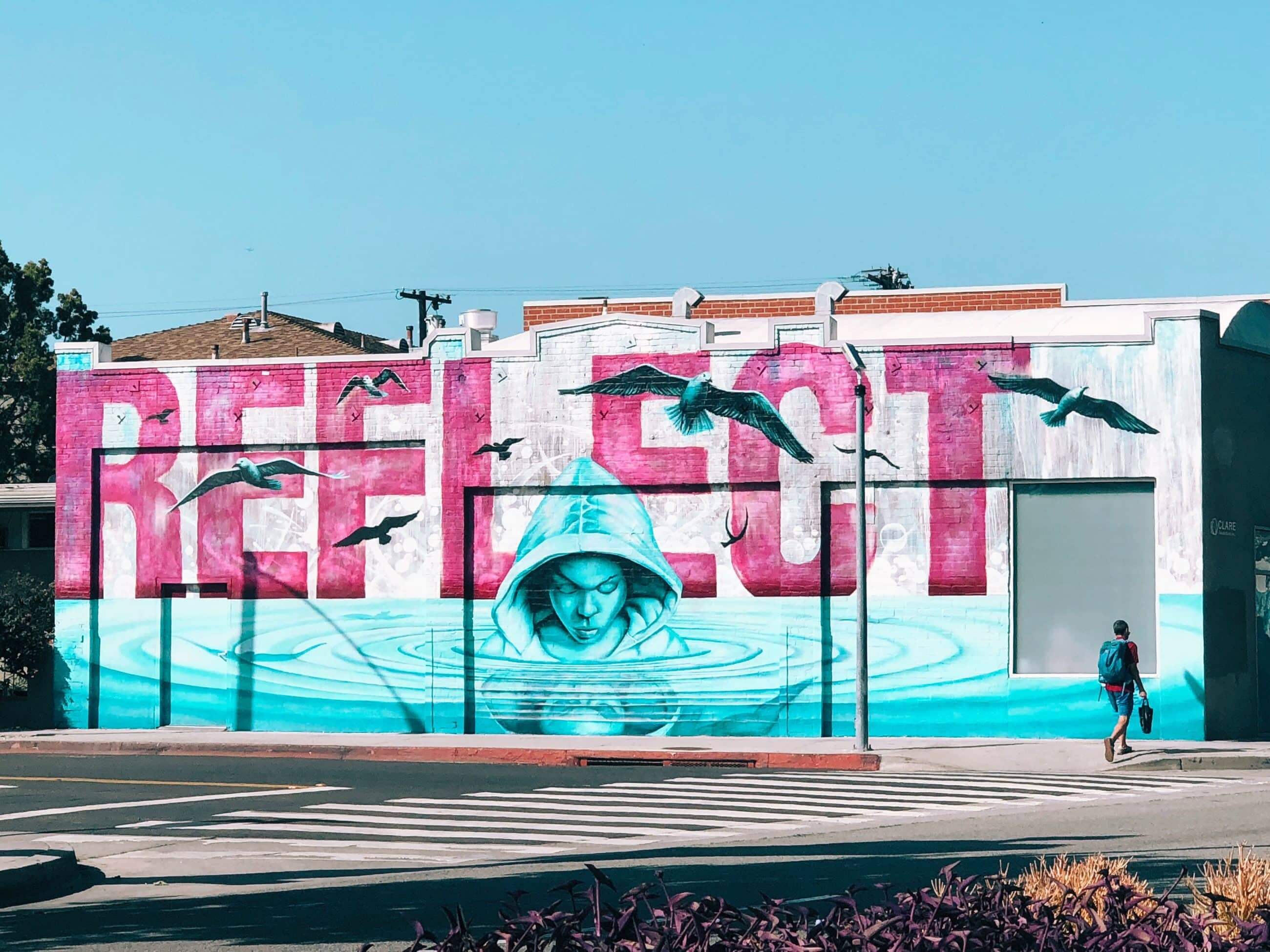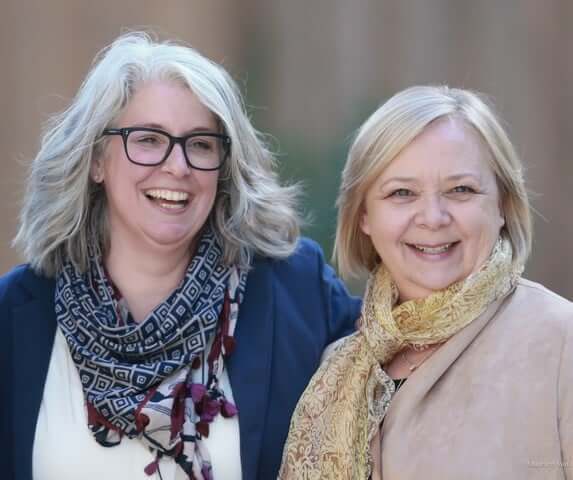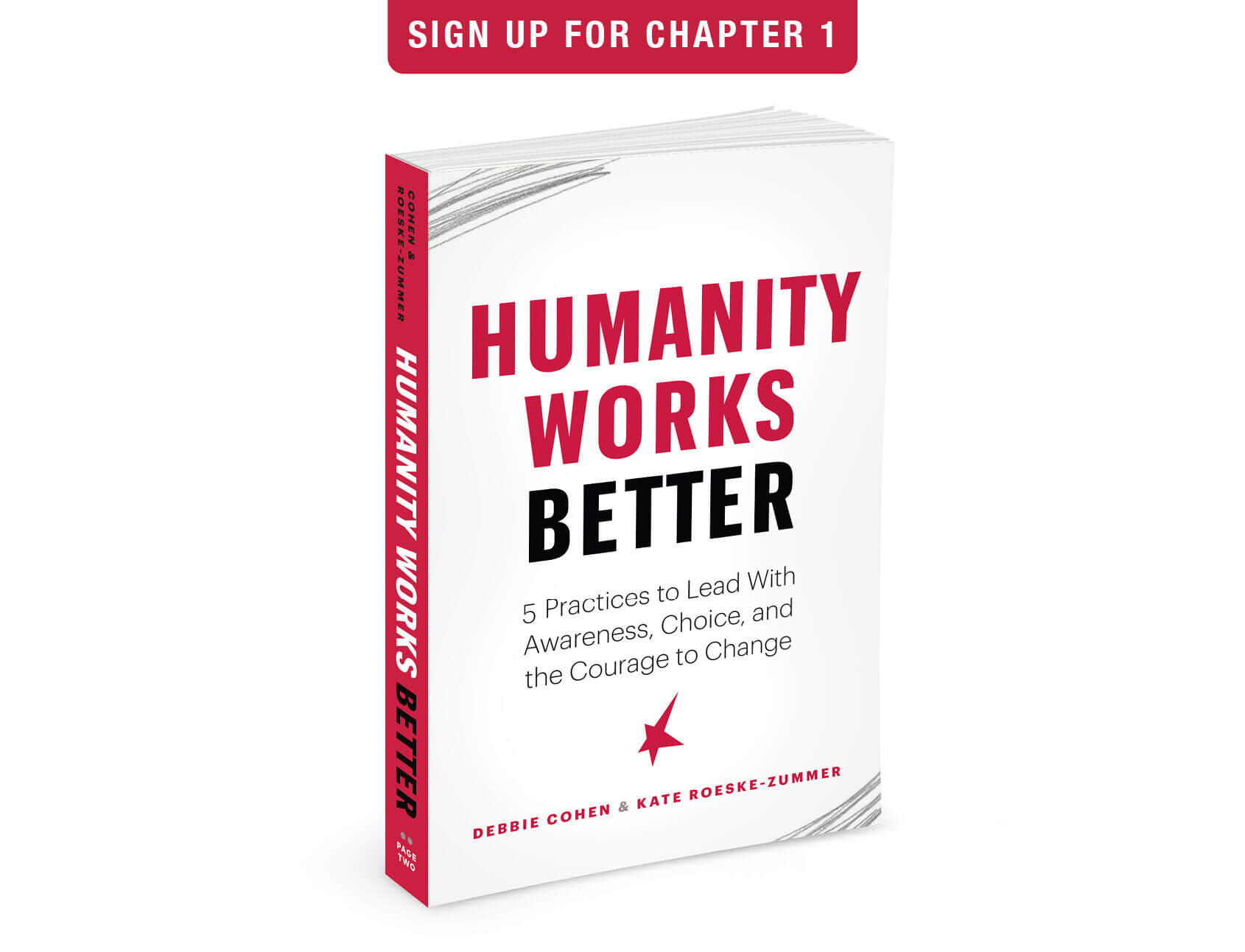
In the past several months we have all been told to shelter-in-place, not just for ourselves, but for others. The most vulnerable among us were asked to stay in to protect themselves from potential COVID-19 exposure. The rest of us were asked to quarantine to minimize exposure to the most vulnerable and to help “flatten the curve” so our health care system could manage the anticipated volume of potential patients. Let’s admit it, we did this in part for ourselves out of fear of getting the virus, and in part for the greater good.
Now, frustrations are mounting as individual and systemic economic needs begin to factor heavily into the equation of our well-being. There are tensions between individual needs and collective needs; and these are not easy decisions. This got us thinking, how do you decide when you want to stand as an individual, or when you stand as an individual in service to the group?”
It’s in the really tough moments when the best, or the worst, of humanity can show up.
Bob Anderson, author of Mastering Leadership, reveals that 85% of adults never evolve beyond a reactive stage, meaning we spend our lives defending an identity that we have unconsciously defaulted into. This strange shelter-in-place time provides an opportunity to become conscious of your values, to claim them and to purposefully live them every day. Alone or with others, seek to name your values and get clear on what behaviors represent them. If you aren’t sure where to start, one interesting place to look is how you are showing up in service for others. Ask yourself, why do I do choose to do this? Why is it important to you?
We were struck by this article in The Atlantic carrying on about the misuse of the famous Mr. Rogers quote “Look for the helpers. You will always find people who are helping.” In this article, the author claims the phrase “look for the helpers” is an oversimplification of what adults need in times of crisis. Maybe. And, maybe not. We whole-heartedly believe that who you are being right now will absolutely inform who you will be on the other side of this. We could not resist looking at how so many helpers are stepping up right now!
Yes, we are in crisis. There are scary things in the news. The U.S. unemployment rate tops all-time highs, thousands sit in their cars and stand in lines for food. Millions of humans are at risk of not having basic needs met for physical survival, like food and shelter; they lack a sense of physical and psychological safety. NGOs are filling the need staffed with volunteers and funded with lots of donations. Musicians and entertainers are raising money at large-scale. And, it only took a few people focused on solving the problem to get excess food from the fields to the tables of those in need. The helpers are stepping up.
Photo by Mick Haupt on Unsplash
As hospitals face shortages, humans are rallying. Folks in garages are creating PPE at home, companies are changing up their factories to produce needed equipment. Nurses, Doctors, and Technicians from others states and across the world are responding to desperate calls for support. There is a global effort within the science and medical fields to find a vaccine and make sense of the madness. The helpers are stepping up.
Some of the most heart-wrenching expressions of caring connections are coming from those on the front lines. Over 100 thousand people have passed away without their loved ones there to hold their hands, comfort them, and offer a final “I love you.” Those on the front-line, already stretched beyond imagination, retell stories of holding their personal phones up for loved ones to share final messages. They offer the outstretched hand when others cannot. The helpers are stepping up.
There is so much goodness and selflessness happening right now. For most, there is a profound awareness we are interdependent on one another. We shelter-in-place to help others. We are sacrificing now, knowing we will all benefit. The ability to look outside oneself may be the key here. Envision what you are trying to create in the world, or at least your little corner of it, and figure out what your role can be. Sometimes, this is easier said than done.
Big questions to ponder:
- What meaning are you taking from witnessing the selfless actions of others?
- What meaning are you making from your own selfless actions?
- What is possible if the helpers stepped up not just in crisis, but in our everyday lives? How could that happen?
- What would be different if these acts of caring moved with us into the future? What would that mean for you?
While challenging, these are catalytic times. We grow not from a place of comfort, but from a place of discomfort. Life “on the other side” of this pandemic will be different. You will be different. You can be more conscious of your life and how you want to be in it. You get to decide when you act as an individual and when you act in service to others. You can consciously determine how your humanity steps up and we look forward to witnessing the helper in you.
Acknowledgements: Our gratitude to Anika Briner and Michelle Zajac for their contributions to this article.

About the Authors, HumanityWorks Team:
Kate Roeske-Zummer, Founder and Chief Inspiration Officer
Bringing more humanity to the workplace.
Debbie Cohen, Chief Instigation Officer
Causing transformation of people and systems so both can reach their fullest potential.


